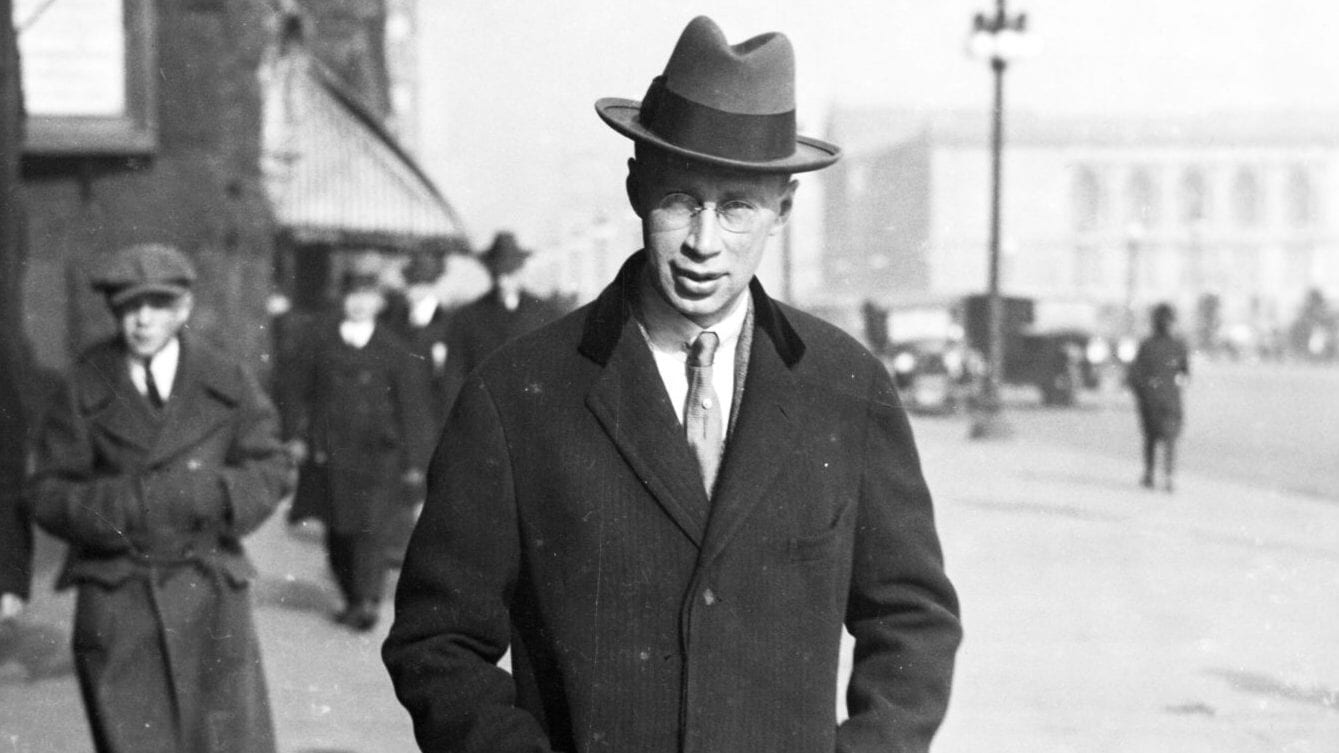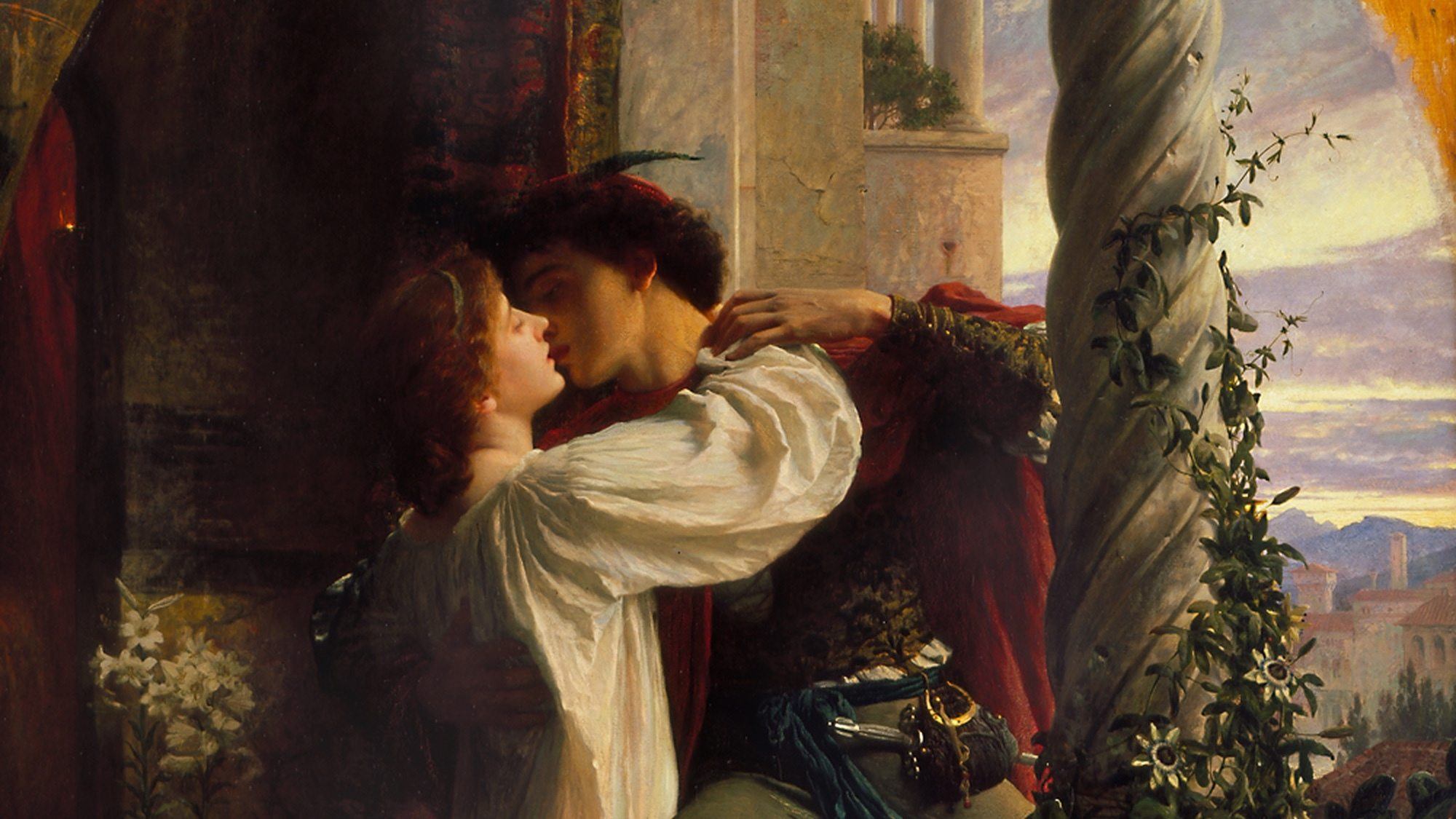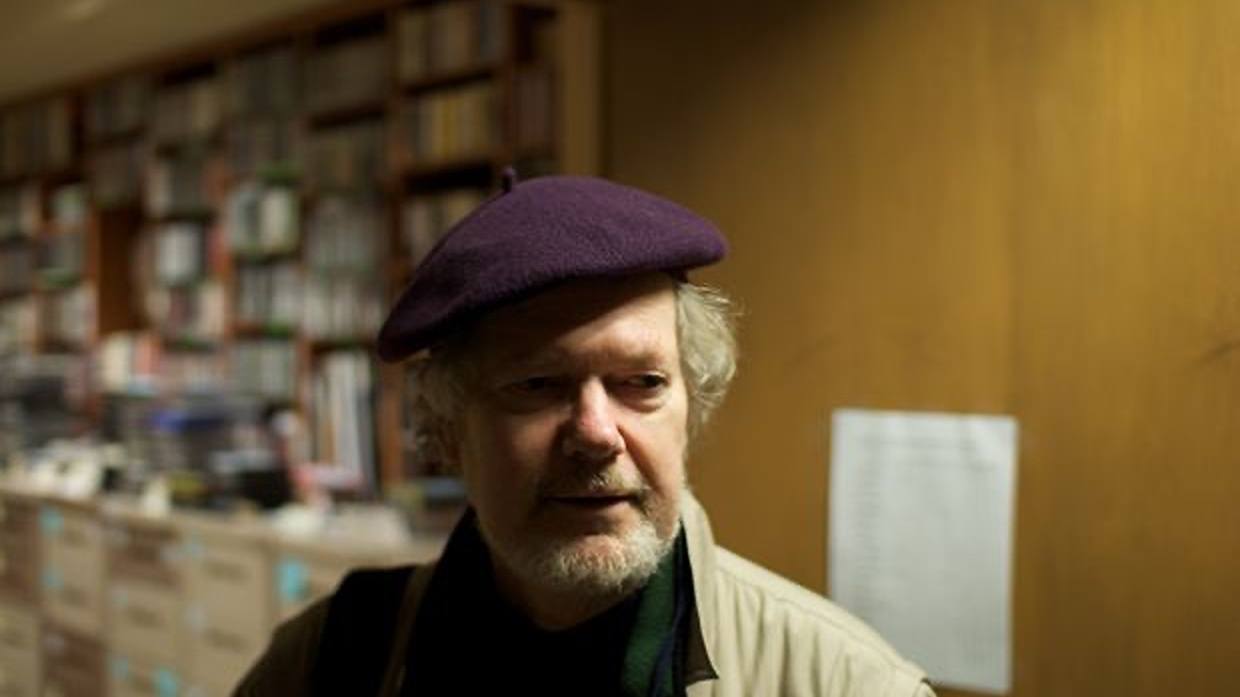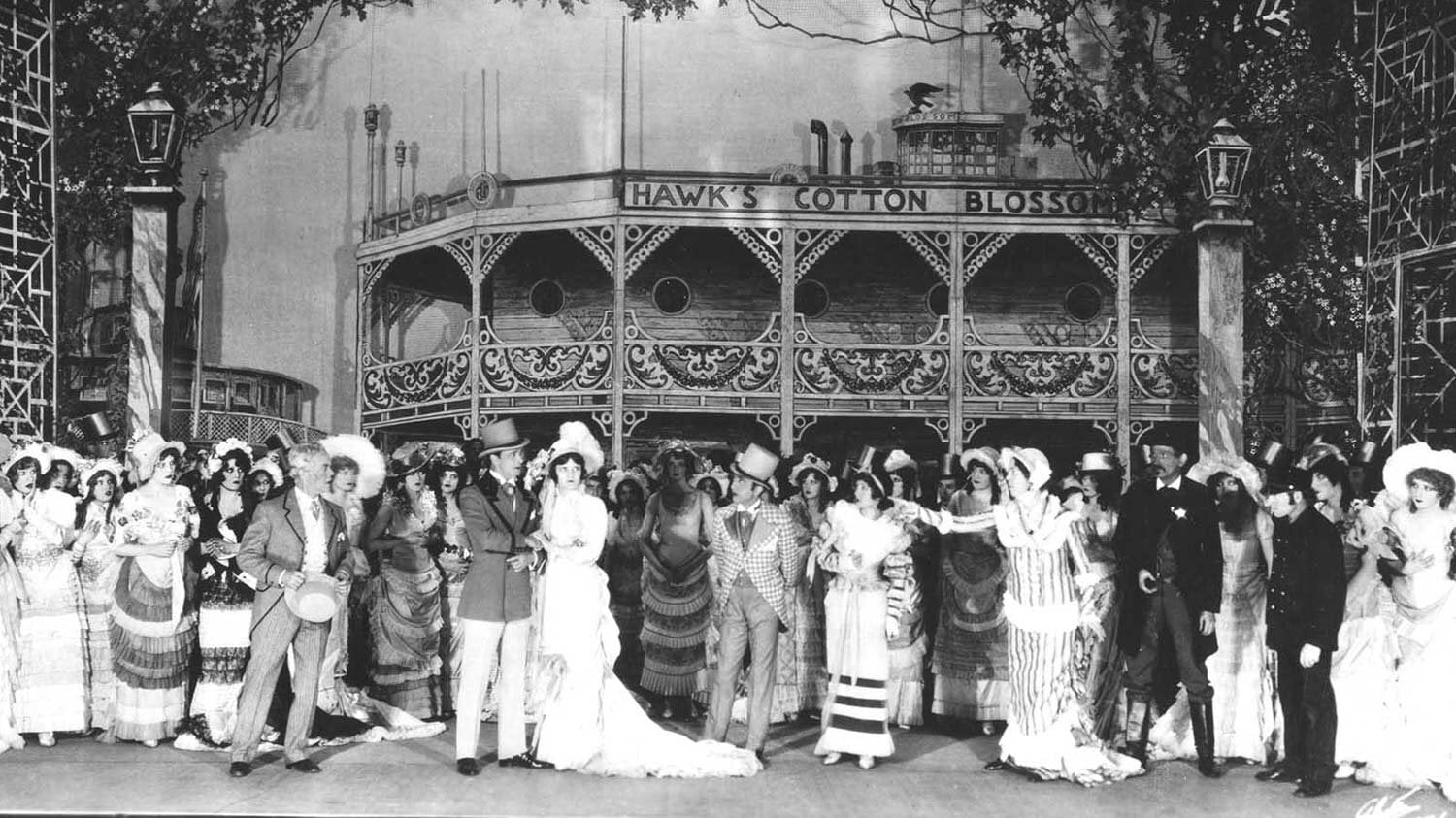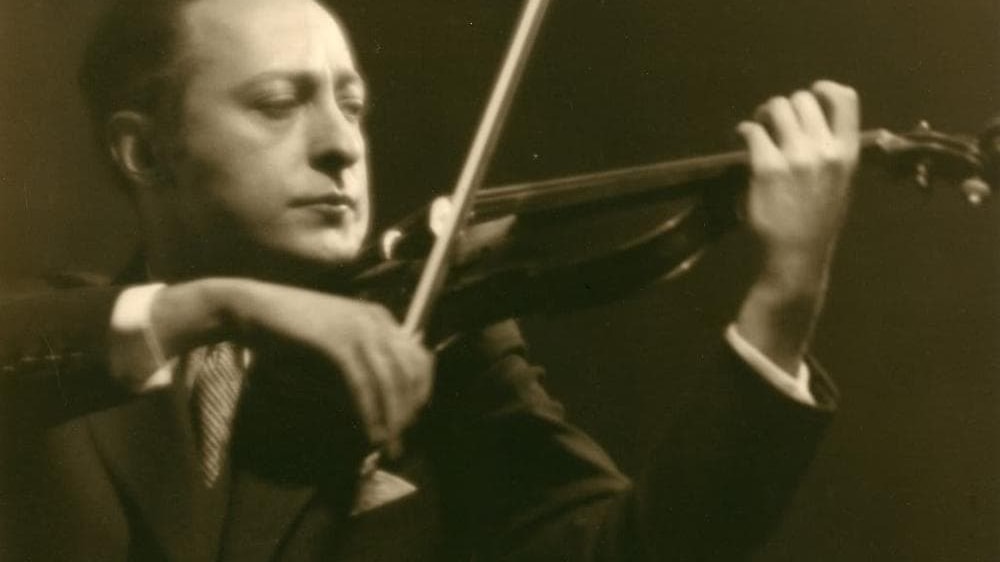Prokofiev’s Overture on Hebrew Themes: Klezmer Conversations
When the February Revolution of 1917 broke out in Petrograd, Sergei Prokofiev resettled in the United States, stating that his native Russia “had no use for music at the moment.” Soon after arriving in New York, the 28-year-old Prokofiev received a commission from Zimro, a touring Soviet ensemble made up of Russian Jewish immigrants. The new sextet was to be based on themes from a notebook of Jewish folksongs. In his autobiography, …

